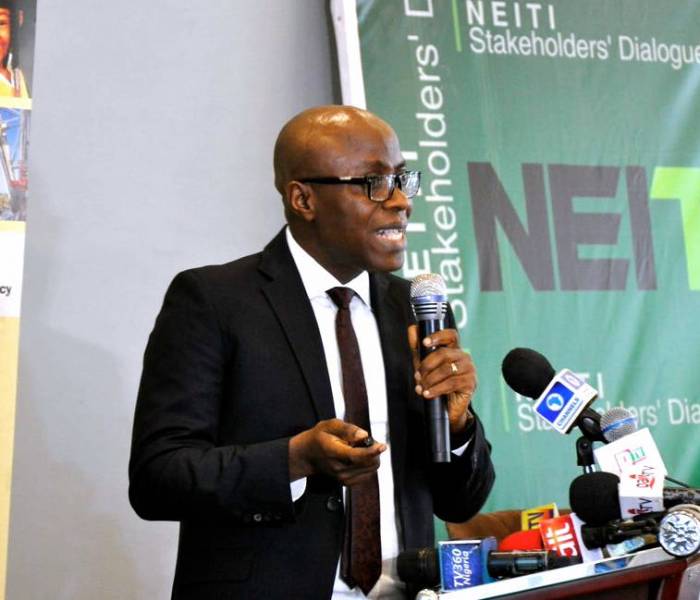Of the 51 member countries implementing the principles of the global Extractive Industries Transparency Initiative (EITI), Nigeria has been adjudged the most ambitious in terms of the scope of work covered.
Speaking Thursday in Abuja, Waziri Adio, Executive Secretary of the Nigerian Extractive Industries Transparency Initiative (NEITI) said Nigeria has gone beyond the requirements of the EITI in a number of areas, as the country strive to ensure transparency in her oil and gas sector with a view to ensuring that proceeds from the sector impacts on the lives of citizens.
Adio who was speaking at a workshop on EITI validation held for members of the civil society and the media, said, “I do not know of any other EITI member country doing kind of work that NEITI is doing.”
He said, “There’s no country where citizens wait for EITI report as it’s waited for in Nigeria. There’s no country where the report influence policies like it is in Nigeria.”
Adio said Nigeria has continued to blaze the trail as an EITI member country noting that it was the first country to enact a law of parliament backing EITI implementation, it is the first country to have an online simplified EITI reports, and the first to conduct three-way audits as against the two-way required by the EITI.
Although the country is currently rated at “meaningful progress” on the EITI validation index, placing it in same spot as other countries such as Norway, Adio expressed optimism that the country would attain the “satisfactory progress” rating in its 2nd validation under the 2016 EITI standard because it has now met all the requirements expected of it.
Of the 27 EITI countries that have gone through validation under the 2016 standard only four are currently rated at “satisfactory progress”. They include Philippines, Mongolia, Senegal and Timor Leste. However, these ratings are not a permanent status as validation is re-conducted every two years and countries could be demoted, suspended or retain present rating, depending on current findings.
The EITI Validation index has five categories, which are: no progress, inadequate progress, meaningful progress, satisfactory progress and beyond satisfactory progress.
No country has attained “beyond satisfactory progress”. Nigeria attained “meaningful progress” in 2016 but strive to attain “satisfactory progress” in the present validation exercise. Officials of the EITI are expected in the country between July 16th and 20th to gather required data.
Validation is an independent evaluation mechanism used by EITI to assess the level of implementation of its principles of transparency, accountability, poverty reduction and good governance in the extractive industry by member countries. It is conducted against 33 various indicators including revenue collection and socioeconomic contribution.






























